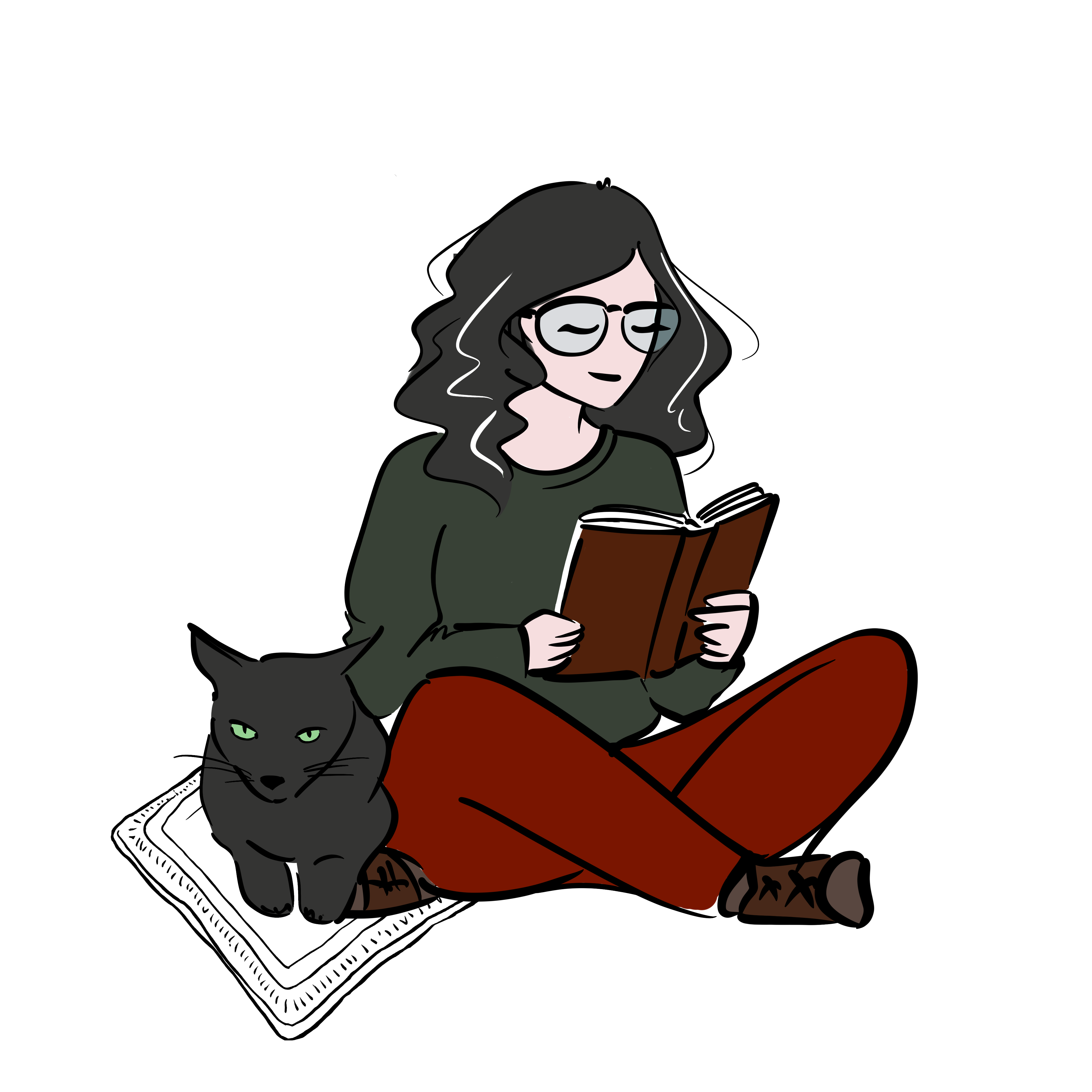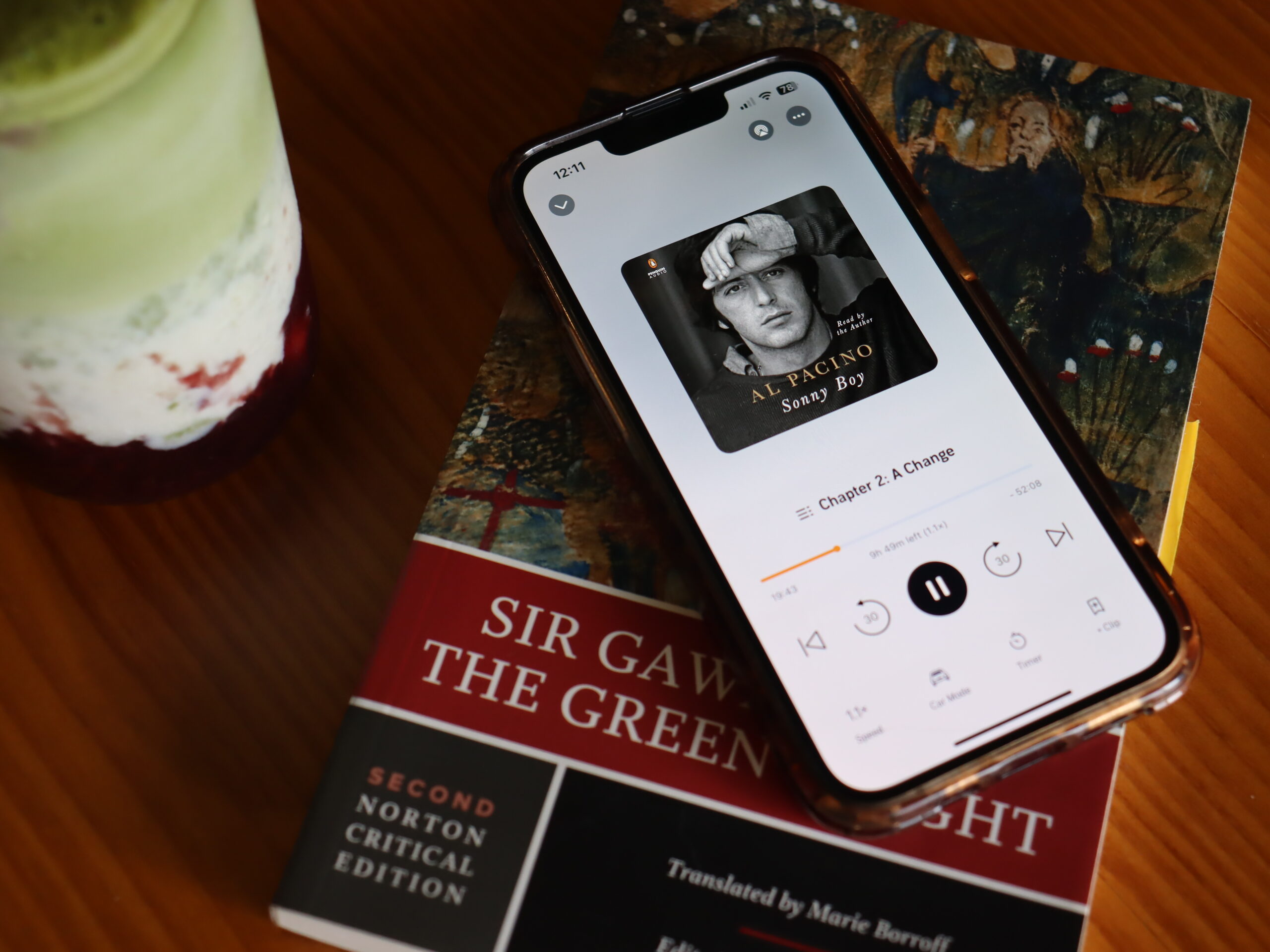I am infallibly fascinated by any artwork that catapults me away from linear thinking, from the monotony of commonplace reality. Genre, media, and format are irrelevant: I need art to overtake me through whatever means it chooses. Let’s say I’m watching a play. If somewhere in my mind I’m calculating how long it will take me to get home or dreading the slow stampede out of the theatre when people are taking too long to get up or put on their coats, that means something has failed, miserably. I want to become unraveled from ordinary thinking. This hunger for disorientation and immersion drives my taste in art, pushing me to seek out work that confronts me, surprises me, or even makes me uncomfortable.
The reason I am thus prefacing this review is that I am usually not a big fan of the “celebrity memoir” as a genre. Uninspired artwork, ghost-written drivel, excerpts rehashed in a never-ending drip from pop culture pages on social media, and annoying attempts at humour abound. I was fighting for my life at one point, dreading the inevitability of coming upon yet another post farming likes from Prince Harry’s “todger” excerpt on Audible. Still, I decided to give Al Pacino’s biography a try.
When I was a teenager and just starting out at drama school, I had a very intense Al Pacino phase where I dedicated hours and hours to watching and rewatching all his films. He is the reason I still have something of a crush on Richard III. At one point, I thought it would be hilarious to list my relationship status on Facebook as “Married to Michael Corleone.” I was sure everyone would get the joke, but one random contact – miraculously oblivious to The Godfather – actually believed it, telling me one day that she was shocked I had married so young. I am still extremely fond of Pacino’s acting and enjoy it anytime I’m exposed to it. He has that magical, impossible talent of making even the most unremarkable movie touching or funny, if only for that one scene.
Sonny Boy came out in mid-October, and I rushed immediately to Audible, as the audiobook is narrated by its author. It felt a little bit like hanging out with Pacino for a few hours. I listened to him while making breakfast, while walking on the treadmill, on the bus home, before work, and in the intervals between lectures. I found myself missing Pacino like a friend when I inevitably finished it too soon.
Sonny Boy is engaging, raw, at times hilarious, at others heartbreaking. Pacino charts his life in a mostly linear manner. Departing from his childhood in East Harlem and then in the Bronx, we get to know his parents and their complicated relationship, Al’s grandparents, and best friends. The reader is introduced to his mother, a frail but caring parent who kept Al safe while many of his friends succumbed to the threats of an impoverished youth: addiction and crime. Trauma often wedges its way into the lives of those dearest to him, and the loss of innocence and friendships is narrated in a radically honest voice. There is sunlight as well. Art soon takes over, and the remarkable power of education and of educators announces itself in the figure of a teacher who insisted that Pacino needed to become an actor.
Al presents the reader with all the ups and downs in his career, sharing his lifelong love for the theatre and his transition to Hollywood, a world that brought him recognition and wealth but also a good deal of misery and strife. He is impressively honest about his struggles with addiction and with the industry itself. His voice is always somewhat understated; he speaks not from the position of one of the greatest actors of the twentieth century – which he is – but as an artist who acknowledges life and art as eternal works-in-progress. Pacino shares insecurities, false starts, embarrassments, and recurrent money troubles quite candidly, as well as the circumstantial nature of success. Some of his most memorable roles – Michael Corleone, Tony Montana – almost never came to be.
His reflections are never self-indulgent but rather steeped in gratitude and curiosity. “Still, I want to continue,” he says. “When the clock stops ticking, I’ll stop. And as far as I can tell, my clock is still ticking.” Pacino’s enduring appetite for storytelling and performance is palpable throughout the memoir, as he muses on finding new characters to inhabit and new pieces of writing to bring to life.
What I find delightful about Sonny Boy lies in its storytelling. You can still see the boy who worked as a theatre usher in the man who stars in Scent of a Woman. You are always rooting for him. Early losses inform his growing up as he makes his way through life. The book ends on a beautiful note as Pacino remembers his childhood friends Bruce, Cliffy, and Petey. He then imagines what it will be like to see his mother again in Heaven. There is a raw, poignant humanity in these closing thoughts that lingers long after the final page – or final minutes of the narration.
Sonny Boy was published by Penguin Random House and is available as an eBook, audiobook, and in hardback. It’s a must-read for fans of Pacino and anyone who loves film, acting, and longs for genuine human warmth in an age of hyper-connection that often leaves us feeling aloof.

